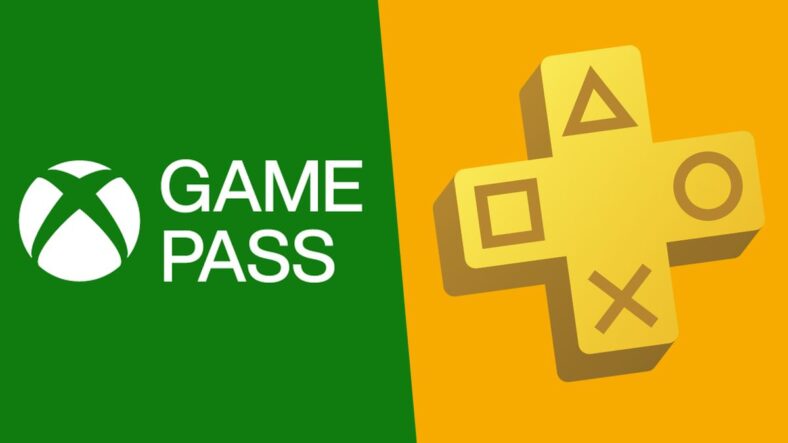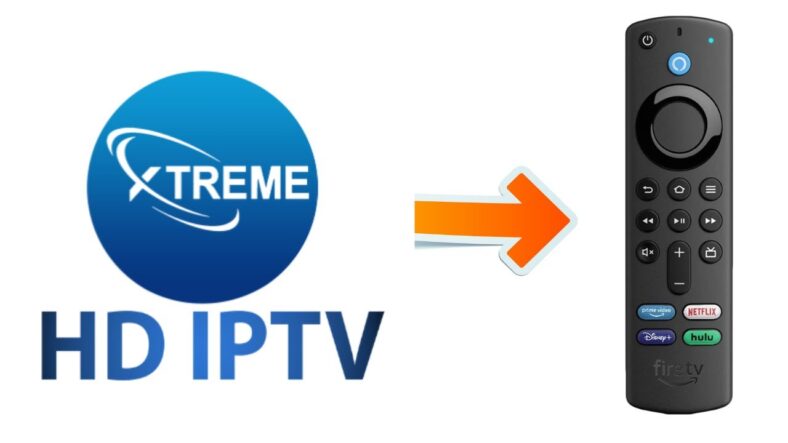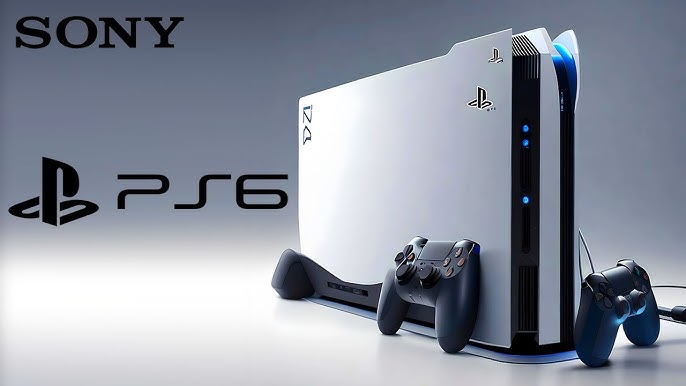
Gaming subscriptions have come a long way from offering just a couple of free games. Today, Xbox Game Pass and PlayStation Plus (PS Plus) are sprawling libraries offering hundreds of titles, exclusive perks, and even cloud gaming options. But, unless you’ve got money to burn, the question on every gamer’s mind remains: which subscription is actually worth it? Let’s dive in, weigh the pros and cons, and find out which service deserves your hard-earned cash in 2024.
What’s Xbox Game Pass All About?
Xbox Game Pass has become a bit of a legend since it launched in 2017. With its “Netflix for games” approach, Game Pass offers a library packed with both blockbuster titles and hidden indie gems. Currently, it boasts four tiers—Core, PC, Standard, and Ultimate—that range in price and offer different levels of access. Here’s the rundown:
- Game Pass Core ($9.99/month or $74.99/year): This entry-level tier gets you online multiplayer, discounts, and two free games per month.
- PC Game Pass ($11.99/month): Perfect for PC gamers, this gives you access to the full Game Pass library, including day-one games, but lacks console access.
- Game Pass Standard ($14.99/month): Console-focused, it’s similar to PC Game Pass but without PC access.
- Game Pass Ultimate ($19.99/month): The ultimate tier (no pun intended) includes all previous perks plus cloud gaming, meaning you can play on consoles, PCs, or even mobile devices.
Game Pass is famous for giving access to day-one releases, especially with heavy-hitters like “Starfield” and upcoming “Call of Duty” titles thanks to Microsoft’s recent acquisition of Bethesda and Activision Blizzard. However, not all new titles are guaranteed under every plan, and some third-party titles may come and go.
PlayStation Plus: The Breakdown
PS Plus started much simpler, mainly offering a few monthly freebies and access to online multiplayer. But as Xbox’s Game Pass grew, Sony stepped up and revamped PS Plus with three distinct tiers—Essential, Extra, and Premium—that cater to a variety of gamers.
- PS Plus Essential ($9.99/month, $24.99 quarterly, or $80/year): This base level gets you three monthly games, online multiplayer, and store discounts.
- PS Plus Extra ($14.99/month, $39.99 quarterly, or $134.99/year): Think of this as the sweet spot. Extra members get access to the Game Catalog, which is loaded with hundreds of PS4 and PS5 games ready for download.
- PS Plus Premium ($17.99/month, $49.99 quarterly, or $159.99/year): This top tier offers everything from the previous levels, plus the Classics Catalog (games from PS1, PS2, PSP, and PS3) and exclusive demos.
Unlike Game Pass, PlayStation doesn’t throw day-one releases into PS Plus. Sony prefers to release its first-party games for full price initially, adding them to PS Plus only after the hype has settled—think a year or more down the line.
Game Libraries: Xbox Game Pass vs. PS Plus
Xbox Game Pass typically offers around 400 games, while PS Plus Premium goes beyond with over 700 titles across its tiers. Quantity-wise, PS Plus might seem like the winner here, but it’s about quality and the availability of new releases. Game Pass frequently adds big titles on release day, whereas PS Plus’s selection of recent hits lags a bit behind. Both libraries are updated monthly, so games come and go, but Game Pass has made a name for itself by frequently adding high-profile third-party games and popular indie releases.
If variety is what you crave, Xbox Game Pass has a slight edge. Its collection is broad and often includes games across genres, from AAA titles to indie darlings. PS Plus’s Game Catalog, though not as day-one heavy, has a fantastic backlog of exclusives and third-party classics, appealing to those who want a deeper dive into Sony’s legacy.
Cloud Gaming and Streaming: Who Does It Better?
Cloud gaming is where Xbox takes the lead. Game Pass Ultimate users can stream games on almost any device with a screen—PC, console, Android, iOS, and even Smart TVs. This convenience lets you start a game on your console and finish it on your phone during a lunch break. PlayStation’s cloud gaming option is more limited, available only with the Premium tier and restricted to PlayStation consoles and PCs. Xbox also tends to deliver a smoother cloud gaming experience, with more stable connections, provided your internet speed is up to snuff.
Price Comparison: Getting the Best Bang for Your Buck
When it comes to price, both services are close, but there are a few things to consider:
- Monthly Value: Xbox Game Pass Core costs $9.99/month and goes up to $19.99 for Ultimate, whereas PS Plus ranges from $9.99/month for Essential to $17.99 for Premium.
- Annual Savings: PS Plus offers a discount for quarterly or annual payments, which Xbox Game Pass doesn’t (except for Core). If you’re in it for the long haul, PS Plus could save you a few bucks over time.
For serious gamers who want everything, Xbox Game Pass Ultimate is a solid deal, especially with its cloud gaming access and PC/console flexibility. However, if you’re focused on PlayStation’s exclusive library and want a large variety of older games, PS Plus Premium might be the better investment.
The Verdict: Which One Wins?
Ultimately, choosing between Xbox Game Pass and PlayStation Plus depends on what type of gamer you are and what devices you have.
Xbox Game Pass is the no-brainer for gamers who want access to new releases, PC compatibility, and reliable cloud streaming across multiple devices. It’s a full-package deal, especially if you’ve got both a console and a PC.
PlayStation Plus is perfect if you’re loyal to Sony and nostalgic for older games. PS Plus Premium’s Classics Catalog is unrivaled for those who want to relive gaming’s golden days.
In the end, it’s not about which service is objectively better—it’s about which one aligns with how and where you play. If you’ve got both consoles, congratulations—you’ve just entered the ultimate gaming buffet.
Brian Jones has been writing and editing at Freeze Wall for over two years, where he has covered everything from E3 to self-driving cars to rocket launches, and everything in between. He previously spent time at the Gadgets 360, Mashable and Tech Radar, earning a Masters degree in communications from the New Jersey Institute of Technology along the way. When not working on his next piece, you might find Brian traveling the world in search of the weird and wonderful. Failing that, he’ll probably be napping.





